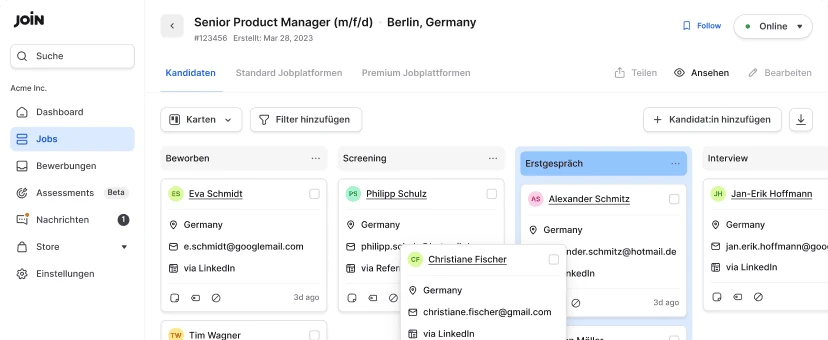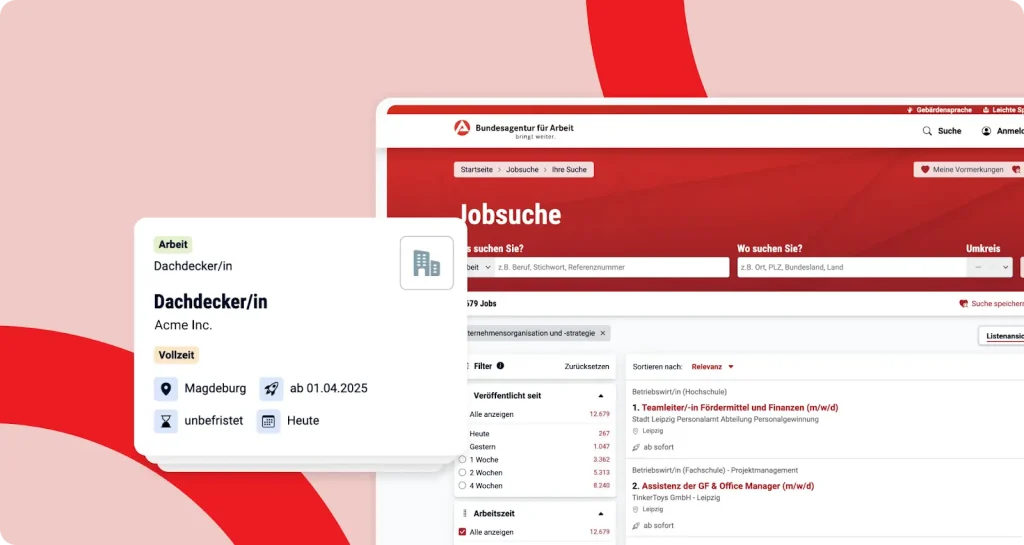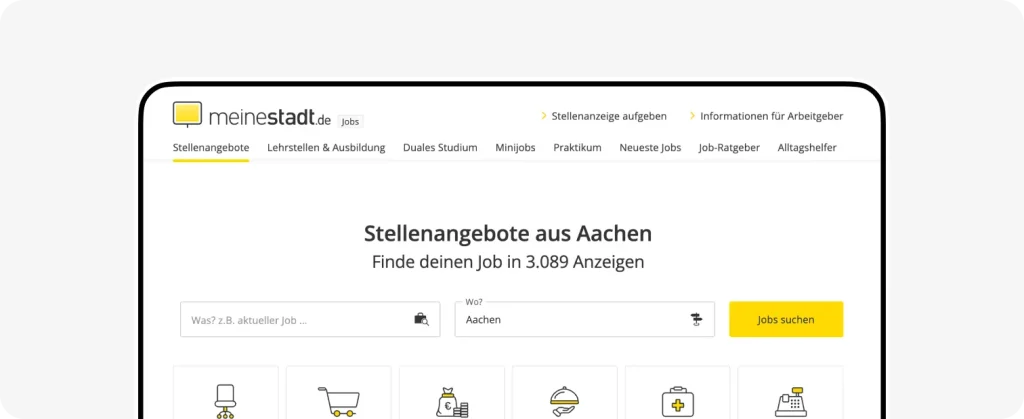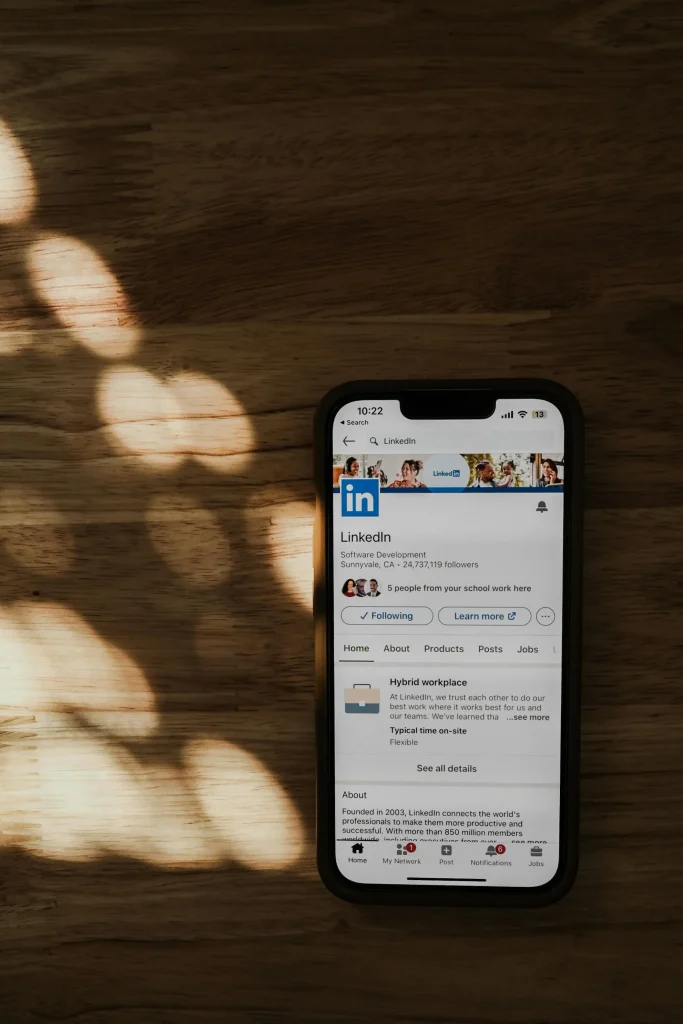Best interview questions for your hiring process
Talent Officer Interview questions
A talent officer is there to support the Human Resources team in finding and interviewing new talent for the company. They can do both headhunting and interviewing incoming candidates. They should also be able to either support the Onboarding Specialist with welcoming new team members or own this process themselves.
Some great skills to look out for in your Talent Officer are:
- Finding someone who’s a ‘people person’ would be very advantageous as they will be communicating with many different people both internally and externally.
- Great communication skills with a high level of attention to detail.
- Finding someone with great problem solving skills and an analytical mindset will be highly advantageous.
Interviewing a Talent Officer
Are you searching for an excellent Talent Officer? Then it will soon be time to get to know the candidates a little better in an interview. With our Talent Officer interview questions, your interview is prepared quickly and easily.
Please note: Our interview questions are suggestions for the earlier stages of the application process and for candidates with average work experience. They are therefore a little more general.
How to open the job interview
Interviews naturally breed nerves, so the first part of your interview should aim to make the candidate feel comfortable speaking with you, you’ll get much more information out of them and a better sense of the person they are if they feel like they can trust the environment they are in.
To do this you can ask some fun and interesting questions linked to the role, they should be open-ended and encourage conversation.
Best interview questions for your hiring process
See our Talent Officer Job Description hereFor the interview
A positive opener to start
What do you enjoy most about your job?
What has been your journey so far?
Behavioral Questions
In your opinion, what are some of the most important qualities that someone in this position should possess?
What management style do you get on with the most?
It’s important that your new team members will get on with the team you’ve already created, and flourish under their manager with the right working style.
Are there any processes that you’ve used in the past that you would like to implement in this position?
Gives you an idea of how much research they’ve done about the company itself, it’s not essential for the candidate to do a lot of research and plan changes they would make, but it will make them stand out against the rest of the candidates.
Soft Skills
Could you tell me about a time that you’ve had to adapt to changing priorities within hiring? How did you deal with that?
Working in an agile and fast paced environment means there are often a lot of last minute changes. Within recruitment this can mean that a hiring manager will ask for a different set of skills during the process. Good candidates will be able to communicate how this affects their planning and explain how this might not be effective.
Could you tell me about a time that you made a mistake at work? How did you handle that?
This should highlight their level of critical thinking and problem solving skills, they should be able to own their mistakes and understand the importance of reacting fast to solve them.
Can you tell me about the day-to-day responsibilities you held in your past role?
You should get a good idea of their seniority level from this question and how experienced they are in different areas.
Being a talent officer means that you need to speak to different people all the time. How do you stay motivated in a role that requires you to stay upbeat?
It’s important that your candidates are naturally upbeat, welcoming and energetic.
Hard Skills
What software systems have you used in your previous positions?
It’s not essential that the candidate should know the same systems that you’re already using, but the question should tell you how familiar they are with the most popular systems and how willing they are to learn new ones.
What experience do you have with payroll software systems? Which are you most familiar with?
It’s not essential that the candidate can already use the same systems that you use, although it would be useful, what you’re really looking for here is competency and a willingness to learn.
Could you explain to me the difference between voluntary and involuntary deductions?
Gives you an idea of their experience level, but also their communication skills, focus on how easy to understand their answer is. This should be a simple question.
How do you usually prepare for interviews?
Conducting interviews is a Talent Officers main task, they should have a tried and tested process for researching and getting to know candidates in the right way.
What has your experience been with running an interview process in a remote environment? How was this different and how have you adapted to it?
The working world is ever changing, more people are working remotely now which has had an impact on hiring. Good candidates will be able to adapt quickly and change their planning to improve their approach.
Operational / Situational Questions
How do you usually deliver bad news to an employee? What would your approach be?
Effective communication and dealing with sensitive information is a part of the role, the candidate should have a good level of empathy while still delivering the necessary information.
Let’s say your attention has been drawn towards an underperforming employee. How would you approach and organise an improvement plan?
One part of this role is supporting the rest of the HR department with things like performance reviews and improvement plans. They should know the overall process well and be able to organise individual plans based on the specific role and affected person.
If one of your aims was to attract and retain younger candidates, how would you adapt a compensation plan to reflect this?
Having better retainment throughout the company is a big topic and a great aim to have. Good Talent Officers should be able to adapt compensation packages and be able to plan for different situations. This should display their problem solving skills.

Start hiring and prepare your interview
All platforms are available for you to promote your job through JOIN.
Create job ad for free


This will give you an idea of the lessons the candidate has learned in the past, and what they value the most.